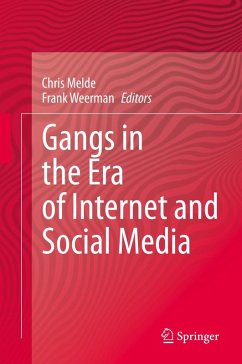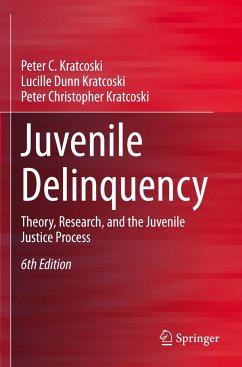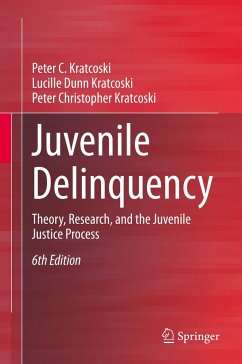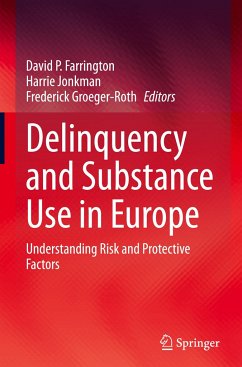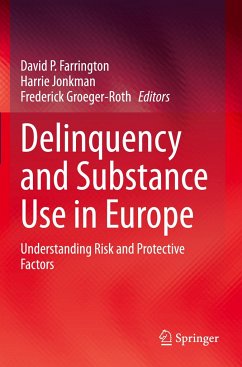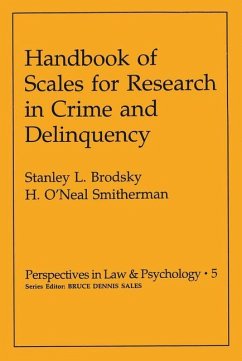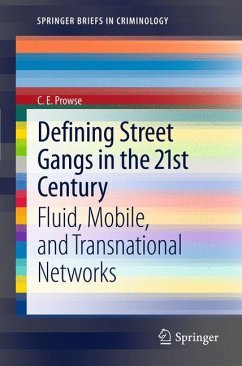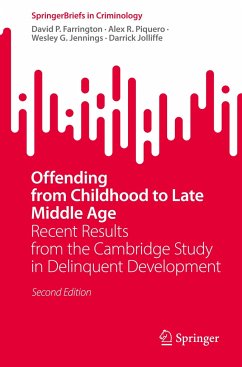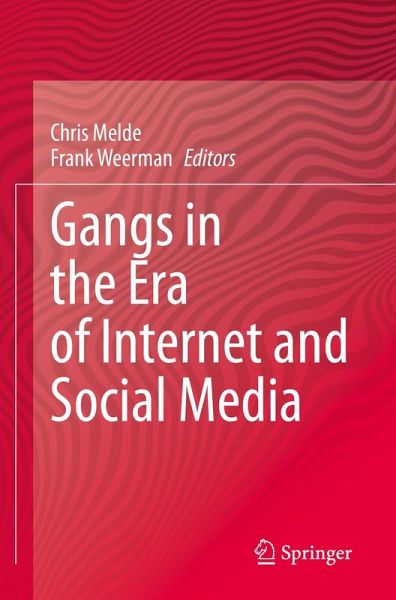
Gangs in the Era of Internet and Social Media
Versandkostenfrei!
Versandfertig in 6-10 Tagen
113,99 €
inkl. MwSt.

PAYBACK Punkte
57 °P sammeln!
The ubiquity of the internet and social media has influenced the lives of people across the globe, including young people involved in street gangs and troublesome youth groups. This development raises important questions about the causes, features, and consequences of online gang behavior, as well as the consequences of this new phenomenon for gang prevention and intervention.In this edited volume, members of an international network of gang researchers, the Eurogang Program of Research, present findings and insights from recent academic gang studies focused on the use of internet and social m...
The ubiquity of the internet and social media has influenced the lives of people across the globe, including young people involved in street gangs and troublesome youth groups. This development raises important questions about the causes, features, and consequences of online gang behavior, as well as the consequences of this new phenomenon for gang prevention and intervention.
In this edited volume, members of an international network of gang researchers, the Eurogang Program of Research, present findings and insights from recent academic gang studies focused on the use of internet and social media. It focuses on online features of gangs and the consequences of social media for the study of these groups. The second section of the book focuses on the meaning of online media for the prevention, monitoring and intervention of gangs, and for gang disengagement processes.
This is the first volume focused on the role of internet and social media in the study of gangs. Providing much needed insights into online gang processes, it will appeal to students and researchers interested in gangs and juvenile delinquency, and to professionals, practitioners, and policy-makers working on preventing or reducing gang involvement and delinquent behavior.
In this edited volume, members of an international network of gang researchers, the Eurogang Program of Research, present findings and insights from recent academic gang studies focused on the use of internet and social media. It focuses on online features of gangs and the consequences of social media for the study of these groups. The second section of the book focuses on the meaning of online media for the prevention, monitoring and intervention of gangs, and for gang disengagement processes.
This is the first volume focused on the role of internet and social media in the study of gangs. Providing much needed insights into online gang processes, it will appeal to students and researchers interested in gangs and juvenile delinquency, and to professionals, practitioners, and policy-makers working on preventing or reducing gang involvement and delinquent behavior.



